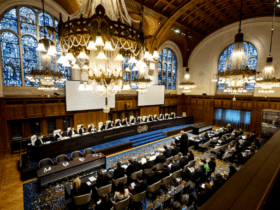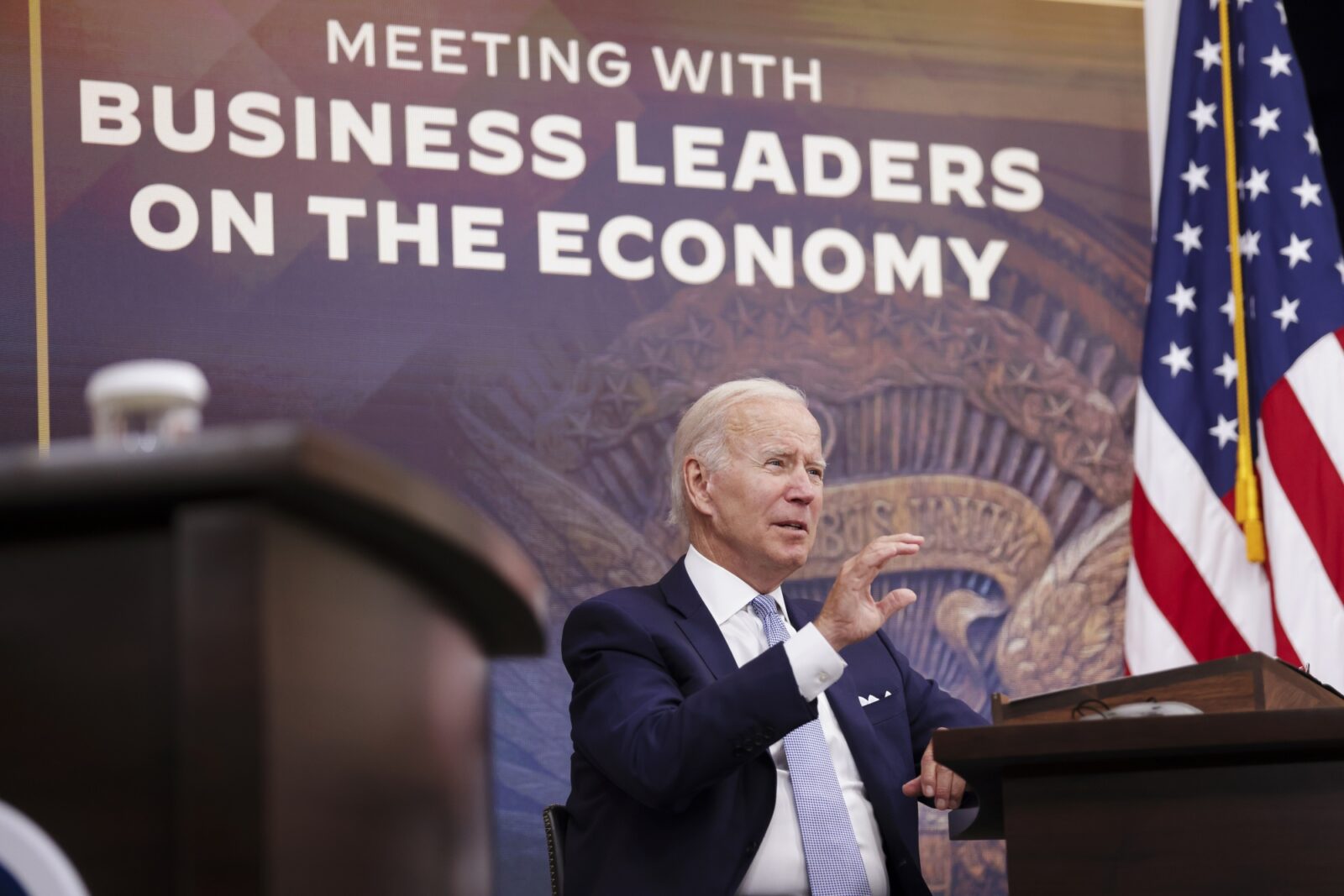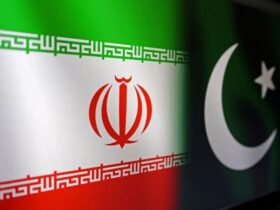In the ever-turbulent sea of global economics, the Biden administration finds itself navigating through particularly choppy waters. With the specter of recession looming large and inflation rates stirring widespread concern among Americans, President Joe Biden’s economic strategy is under the microscope. The administration’s ambitious bet? To achieve a soft landing for the U.S. economy, a maneuver as delicate as it is critical, amidst these challenging times.
The Economic Context
The United States, like much of the world, has been grappling with the economic fallout from the COVID-19 pandemic, geopolitical tensions, and supply chain disruptions. These factors have contributed to soaring inflation rates, which have hit multi-decade highs, squeezing household budgets and fueling anxiety about the economic future. The Federal Reserve has responded with a series of interest rate hikes aimed at cooling inflation, but these measures carry their own risks, notably the potential to trigger a recession if applied too aggressively.
Biden’s Economic Strategy
In this context, President Biden’s strategy has been to steer the economy toward a soft landing, an economic scenario where inflation is tamed without triggering a significant downturn or surge in unemployment. Achieving this balance requires a nuanced approach, blending fiscal policy, monetary measures, and targeted interventions to support vulnerable sectors and populations.
A key component of Biden’s approach has been to address supply chain issues and to promote domestic manufacturing. Initiatives aimed at increasing the production of semiconductors domestically, for example, seek to reduce dependence on foreign suppliers and mitigate one of the key drivers of recent inflation. Furthermore, the administration has emphasized investments in infrastructure and clean energy as means to stimulate economic growth, create jobs, and address long-term challenges like climate change.
Challenges and Critiques
However, Biden’s economic policies have not been without their critics. Some argue that the administration’s significant spending programs, such as the American Rescue Plan, have contributed to inflation by injecting too much money into the economy too quickly. Others question whether the Federal Reserve’s rate hikes, supported in part by the administration’s stance, could stifle economic growth.
Moreover, achieving a soft landing is complicated by factors beyond the administration’s control, including global economic uncertainties, the ongoing war in Ukraine, and potential new waves of COVID-19. These elements introduce a degree of unpredictability that could derail even the most carefully laid plans.
Public Perception and Political Implications
The Biden administration’s economic maneuvering comes with significant political stakes. With the 2024 presidential election on the horizon, the state of the economy is likely to be a central issue for voters. Public perception of the administration’s handling of inflation and its ability to prevent a recession will be critical. Early signs suggest a mixed public response, with approval ratings reflecting concern over inflation despite acknowledgment of the job market’s strength and other positive indicators.
The Path Forward
Looking ahead, the Biden administration’s ability to achieve a soft landing for the U.S. economy will depend on several factors. Continued flexibility in policy-making, close coordination with the Federal Reserve, and a focus on long-term economic health over short-term political gains will be essential. Additionally, efforts to bolster consumer confidence and to support those hit hardest by inflation will be critical in maintaining economic stability.
International Cooperation and Competition
The global nature of today’s economic challenges also underscores the importance of international cooperation. The Biden administration has sought to work with allies on issues like supply chain resilience and energy security, recognizing that these challenges transcend national borders. At the same time, competition with major powers like China presents both economic and strategic challenges that will influence the U.S. economic landscape.
Conclusion
In sum, President Joe Biden’s bet on steering the U.S. economy to a soft landing amid recession concerns is a high-stakes endeavor that requires a delicate balancing act. The administration’s strategy, blending fiscal restraint with targeted investments and international cooperation, reflects an ambitious attempt to navigate the complex economic challenges of our time.
As the U.S. and the world continue to grapple with the aftermath of the pandemic and other global shocks, the outcome of this bet will have significant implications for the economic well-being of Americans and the global economy at large. Whether this strategy will successfully avert a recession while controlling inflation remains to be seen, but its pursuit is a testament to the complexity of governing in an interconnected and unpredictable world.
Visit Unicorn Blogger For More Articles & Blogs !





























Leave a Reply